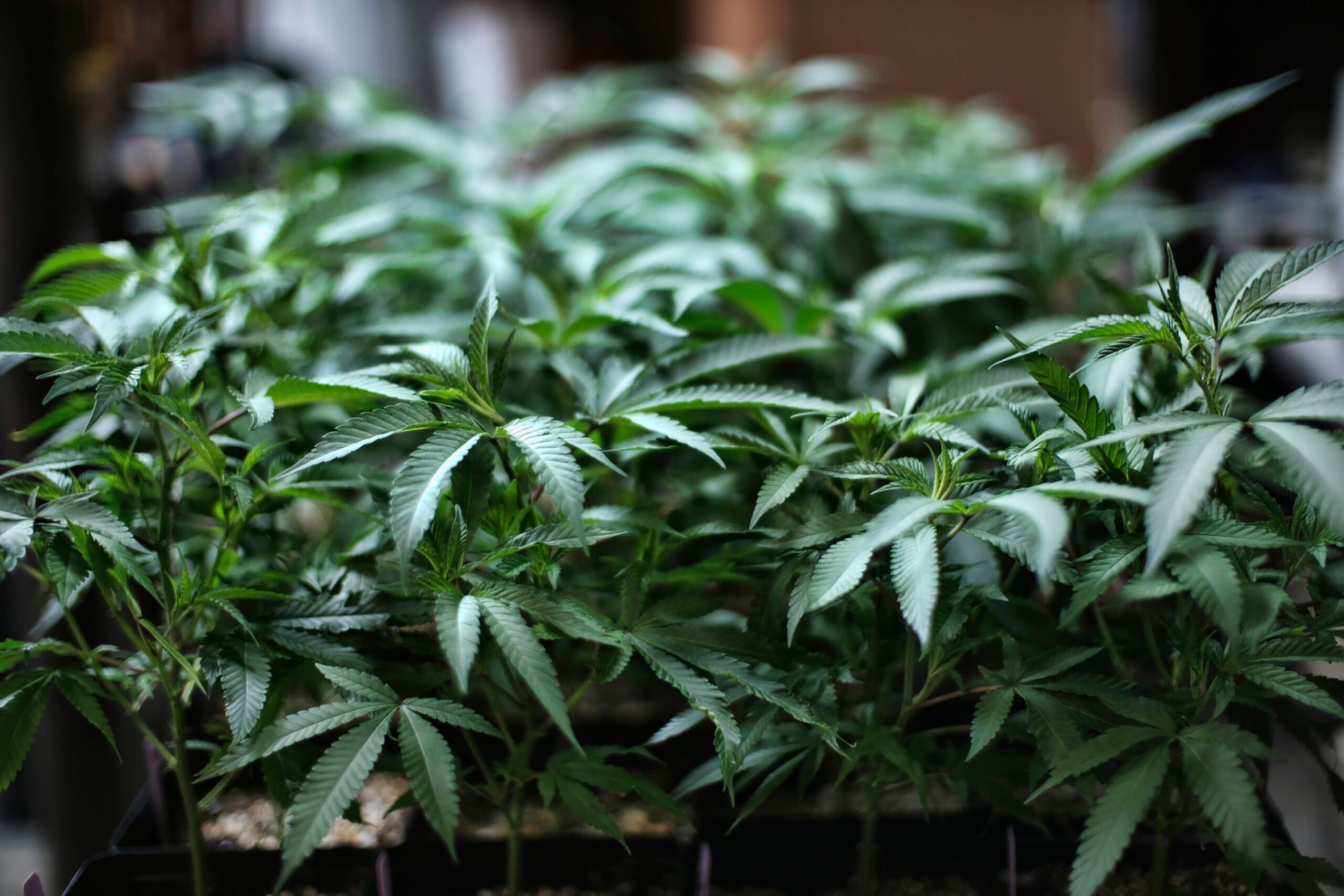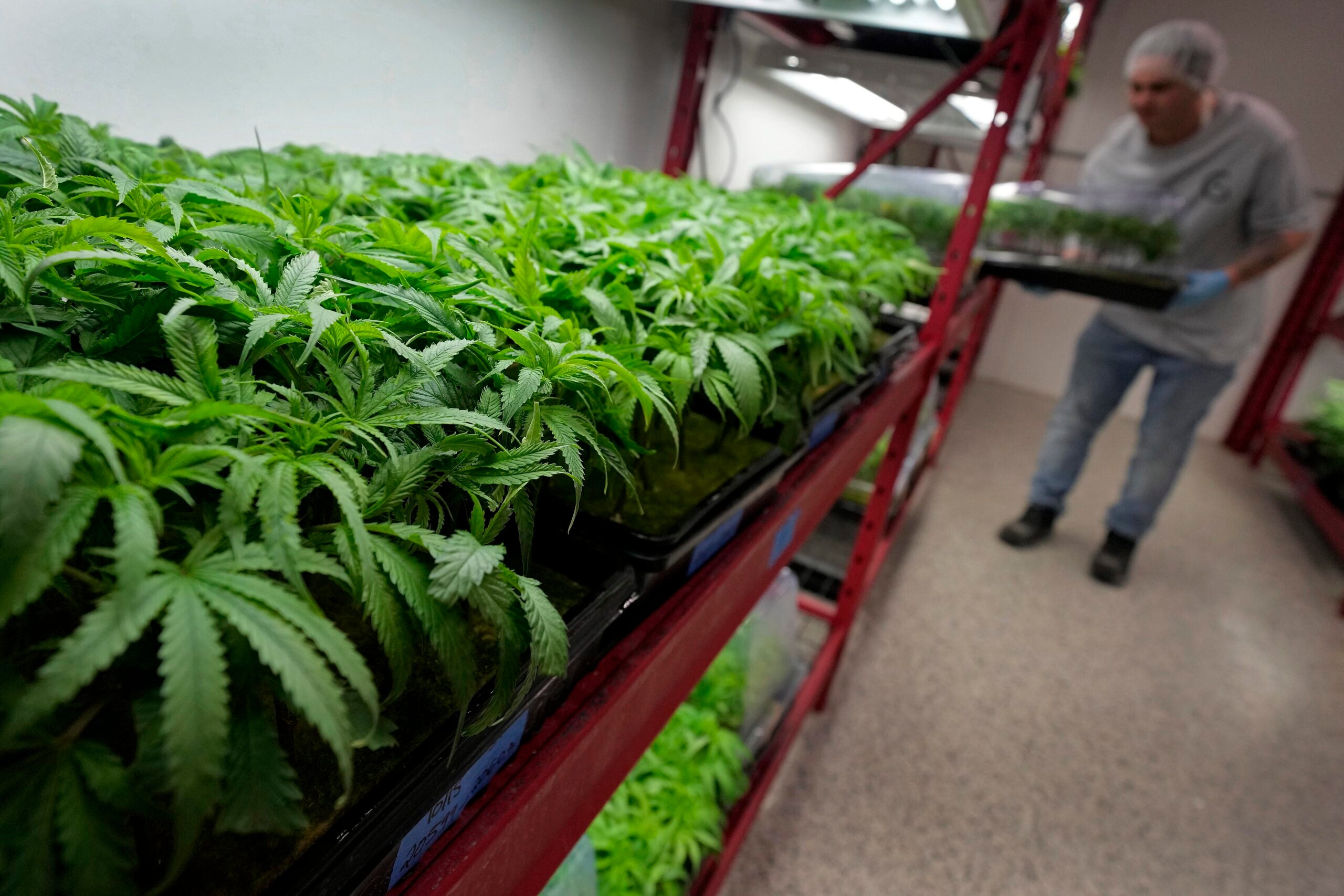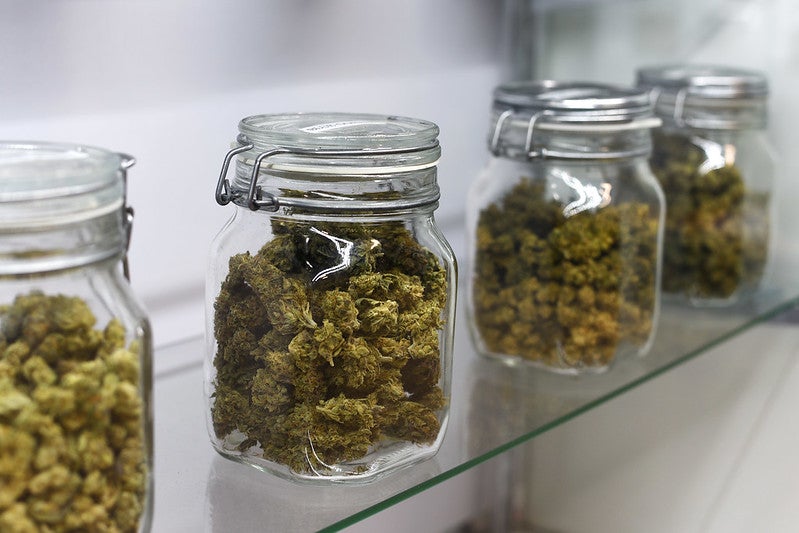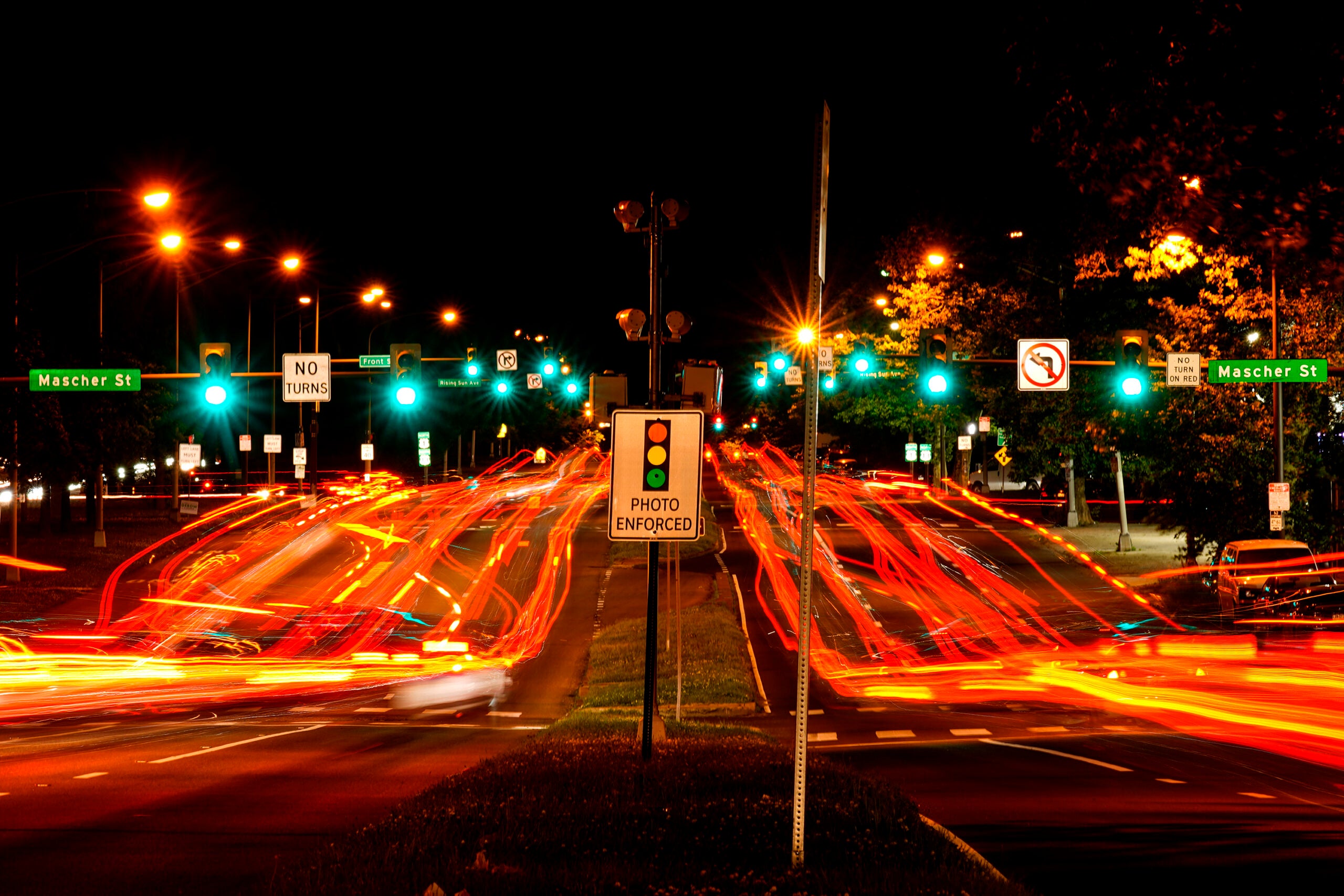Wisconsin tribal members have launched a campaign to advance medical marijuana legislation in the state.
The “Wisconsin Wellness” campaign, which emphasizes the public health benefits of cannabis access, is a partnership of the Indigenous Cannabis Industry Association, or ICIA, a trade group, and the Wisconsin Tribal Task Force on Cannabis.
The campaign argues that cannabis is medicine and advocates for cannabis usage in treating conditions like post-traumatic stress disorder and chronic pain. Rob Pero, president of the ICIA and the campaign’s director, said that the benefits of legalization can particularly help Indigenous Wisconsinites — and that Indigenous people are also disproportionately affected by criminalization.
News with a little more humanity
WPR’s “Wisconsin Today” newsletter keeps you connected to the state you love without feeling overwhelmed. No paywall. No agenda. No corporate filter.
“Understanding that our communities are disproportionately impacted has put a massive emphasis on Indian Country putting plant medicine at the forefront to understand how it can benefit our communities from a wellness perspective,” Pero said.
He said that Indigenous communities are disproportionately affected by PTSD, and they have disproportionate rates of substance abuse as a result.
“The fact that we are being impacted by opioids and fentanyl at a historic rate is just one of the reasons that we have the most to lose,” he said. “And when we talk about the most to gain, we talk about being able to manage our own options for wellness.”
Medical marijuana, like recreational marijuana, is illegal in Wisconsin.
While Democrats, including Gov. Tony Evers, have called for full legalization of both medical and recreational marijuana, Republicans — who control the state Legislature — are against full legalization, and are more divided on medical marijuana.
Republican Assembly Speaker Robin Vos has said that he will not support recreational marijuana. A recent GOP bill that would have created a very limited, state-run medical marijuana system went nowhere in the most recent legislative session.
Advocates for marijuana access argue that Wisconsin loses out on economic opportunity when would-be users travel to dispensaries in Illinois, Minnesota or Michigan. Pero, a hemp farmer, says that the economic argument is present, but his group’s foremost concern is health-related.
“We all live in Wisconsin. We’re all watching people go across state borders to really commit a crime and bring medicine back to the state,” said Pero. “So why can’t we utilize the power of sovereign nations in our state … to actually build some community around this issue, so that we all have better choices for the next generation?”
Wisconsin Public Radio, © Copyright 2026, Board of Regents of the University of Wisconsin System and Wisconsin Educational Communications Board.







